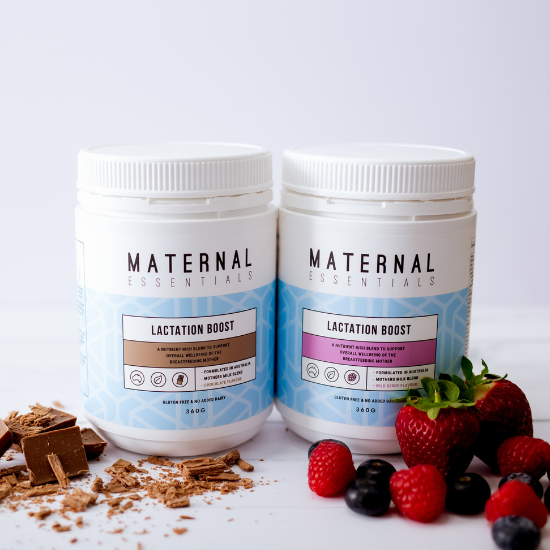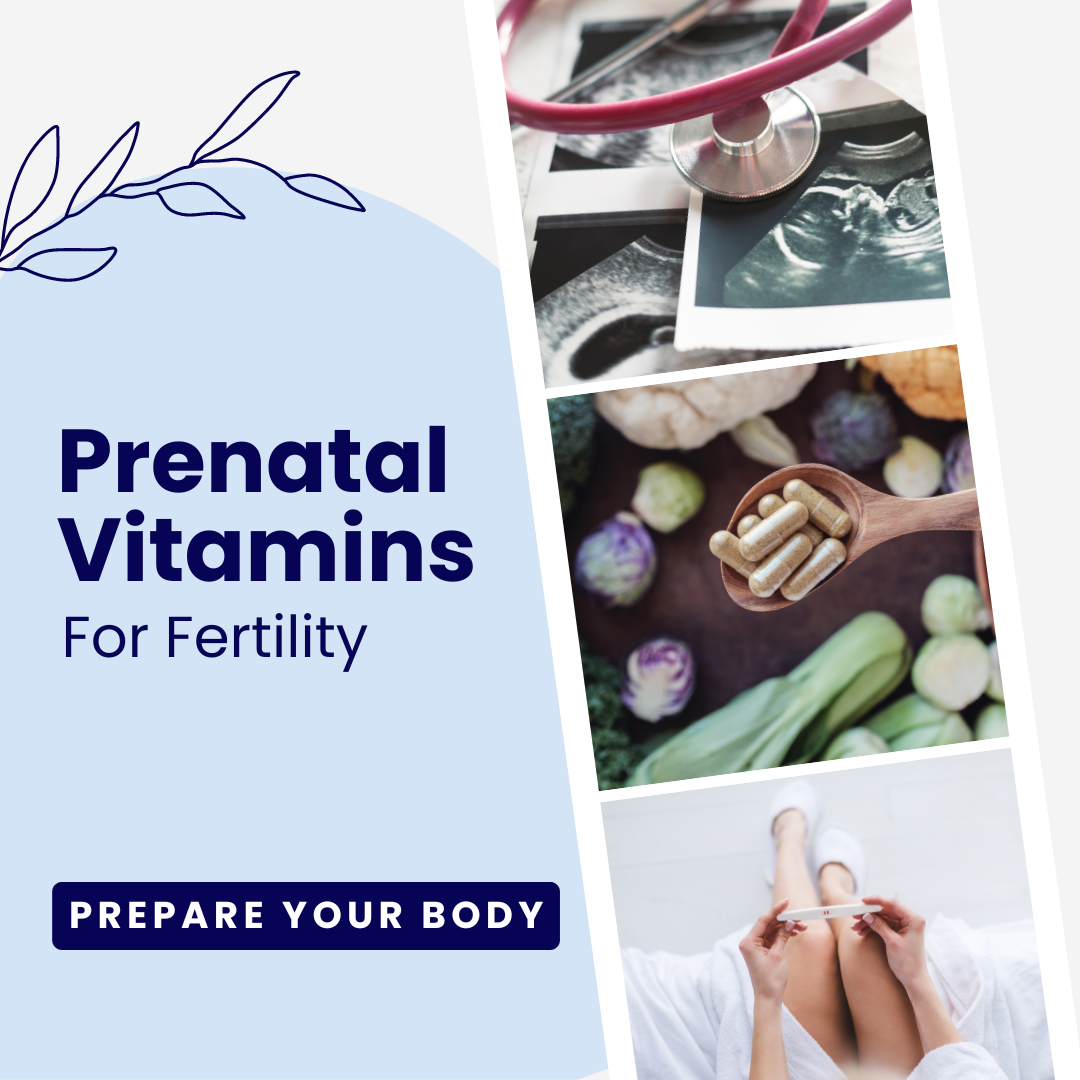If you are thinking about starting a family it’s important that you begin pre-conception care at least 3 months prior to wanting to conceive.
What is Preconception Care?
Preconception care involves taking steps to optimising you and your partners health prior to starting your conception and pregnancy journey. This includes addressing any underlying health conditions (such as an underactive thyroid, PCOS or iron deficiency), adopting a healthy diet, and making necessary lifestyle changes to support fertility and increase the chances of a healthy pregnancy.
Why is Preconception Care Important?
Research has shown that preconception care can significantly impact the fertility of both partners and the long-term health of both mother and baby. Addressing any health issues beforehand, will reduce risk of pregnancy complications and ultimately unsure your body is at optimal health for pregnancy.
What Does Preconception Care Include?
Preconception care involves assessment of both partners' health. This may include a physical exam, blood tests, and discussions about lifestyle factors such as diet, exercise, alcohol intake, chemical exposure and stress levels. Understanding the health of each partner will be used to create a holistic plan that will optimise both you and your partners fertility and ultimately wellbeing during pregnancy.
Optimal Nutrition For Fertility & Preconception Care
Diet plays a huge role in laying the foundation for a good healthy preconception period and supporting fertility. As a rule of thumb, it’s a good idea to start acting like your pregnant- this means reducing your coffee, alcohol and refined sugar intake, while boosting your intake of fruits, vegetables, healthy fats, whole grains and good quality lean proteins.

The Best Prenatal Vitamins for Fertility
However, you unfortunately can’t get all the nutrients you need in the quantities required from your food. This is where good quality, therapeutic supplements come in to play. Here are the best nutrients you may want to consider supplementing during your preconception period.
PRE-NATAL VITAMIN: Provides you with the nutrients to support healthy hormone balance & build up your nutrient stores to support a healthy pregnancy. Look for one that has: readily available form of folate (activated), choline, iron, B-vitamins, vitamin C, beta-carotene, iodine, magnesium.
OMEGA-3 FISH OIL: Supports egg quality, reduces risk of miscarriage, reduces inflammation, balances hormones & reduces risk of gestational diabetes. Look for one that has at least 450mg of DHA & 100mg of EPA per capsule.
IODINE: Supports thyroid health, supports development of baby’s brain and nervous system early in pregnancy. The current RDI is 220mg during pregnancy. Make sure your prenatal includes iodine, otherwise it’s important to take another supplement between 100-300mcg per tablet. If you have any thyroid conditions, make sure to check in with your clinical nutritionist or naturopath prior to supplementing.
CO-Q10: Improves egg quality, supports sperm health & improves IVF outcomes. You want to be taking between 150- 600mg daily. Make sure to check in with your clinical nutritionist or naturopath so they can recommend the correct dosage for you.

ZINC: Improves quality of eggs and embryogenesis, supports sperm quality & count, improves thyroid hormone synthesis, increases progesterone (essential for maintaining a healthy pregnancy) You can ask your GP to get your zinc tested and you want your zinc to be sitting at around 14. Depending on your zinc status you can supplement with between 10-40mg daily.
VITAMIN D: improves fertility and IVF outcomes, supports progesterone (the hormone responsible to support a healthy pregnancy), improves hormone& follicular health.You want to get tested an ensure your vitamin D level is between 80-100 nmol/L. Ideally, you should be supplementing with at least 1000IU daily.
MAGNESIUM: reduces cortisol, supports hormone regulation & thyroid health, reduces risk of pre-eclampsia and gestational diabetes.You can safely supplement between 150mg-300mg of magnesium daily. Having magnesium at night can also improve sleep.
IRON: reduces pregnancy & postnatal depletion, improves egg quality, supports blood flow to the uterus and placenta. Make sure to get your iron tested. When supplementing you want to choose a form with Iron bisglycinate to improve absorption and reduce side effects (nausea & constipation).


